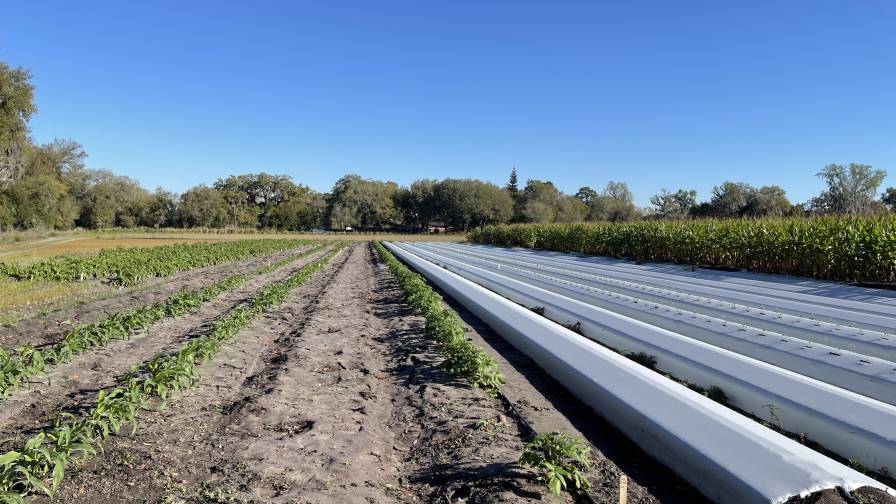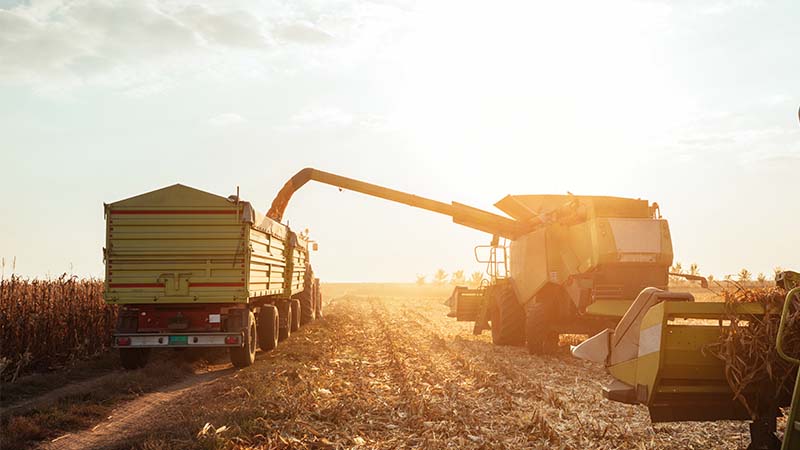A Data-Sharing Quandary (OPINION)
It’s funny how very different marketplaces can be almost identical on certain topics at times. As an example, consider the following …
Recently, while driving home from work, I was listening to a report on National Public Radio regarding the question of data-sharing in the medical community. According to the report, many medical providers and their patients are wrestling with the idea of freely sharing all of their information with everyone across the board (as they sometimes currently do on Facebook, for instance).
On one hand, says proponents, this exchange of big data could prove very beneficial to doctors as they work to diagnosis patient problems and prescribe a response. On the other, patient data in the wrong hands could lead to identity theft or predatory individuals to attempt scams on these consumers.
“We need indiscriminate, continuous, multi-sourced data streams to realize the great potential of digital health,” said Dr. Leslie Saxon, chief of cardiology at the University of Southern California’s Keck School of Medicine, on medical data-sharing.
To me, this report was not that surprising. For the past few years — as the idea of big data has taken off — I’ve heard much this same argument from various members of the agricultural marketplace as well. This particularly became the case once Precision Planting, a wholly-owned subsidiary of Monsanto, began collecting grower data as part of its FieldScripts effort.
Since that time, many of the trade shows and industry events I’ve attended addressing the topic of Big Data have typically split between the “let’s data-share” and “keep our data private” camps. Both have strong feelings on the question.
As in the pro-medical data-sharing camp, pro-agricultural data sharers also tout the fact that the ultimate goal for virtually all growers is to increase their yields, leading to increased profits. Freely sharing data on ways to accomplish this “will act as a tide rising all boats,” they say.
Of course, the anti-data sharers argue back that “their data belongs to them” and no one else should have access to it, lest it be misused or stolen. (And indeed, back in March, Precision Planting discovered a breach of its database, potentially compromising customer names, addresses, tax identification numbers and the like.)
Where do I sit on this debate, you may be asking? In principle, I tend to side with the pro-data sharers. When I first started covering this business back in 2000, one of the things that really impressed me was how willing ag retailers were to share good ideas with their peers and competitors. Compared with the ultimate secretative candy market I came from, this level of openness was very refreshing indeed.
On August 25, CropLife is holding a one-day event looking at Big Data in Ames, IA. It will be very interesting to hear what comes out of that meeting regarding the “to share or not to share” data question.






